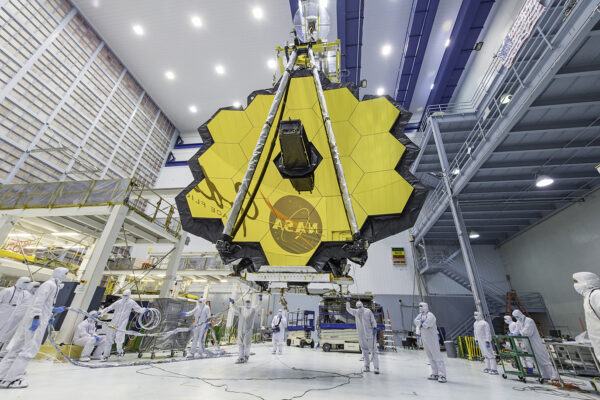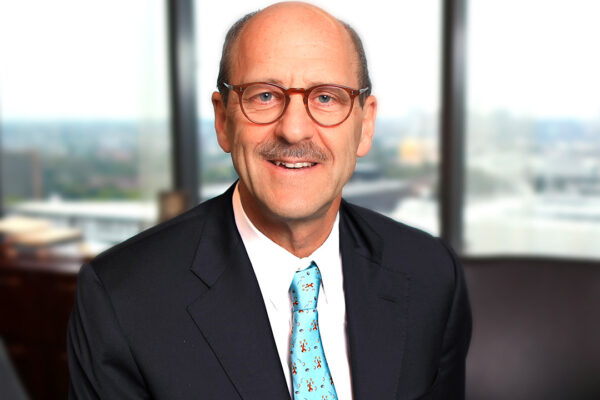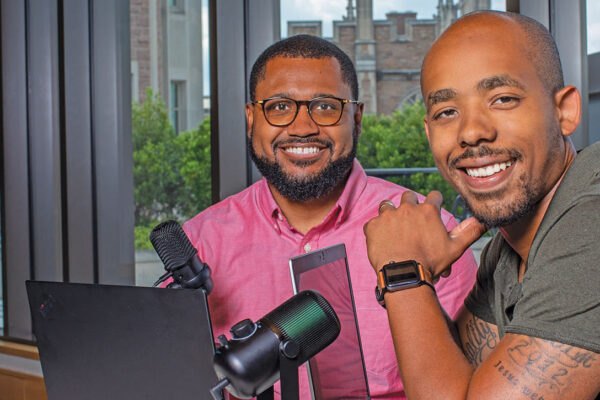What is required to address the great challenges facing society, such as climate change and the environment, economic opportunity, and health care? Knowledge and technology are certainly necessary. These alone, however, seem insufficient given that problems have gotten worse at the same time that science and technology have advanced. To use that knowledge to enact change, you must energize people to set aside their personal interests and work collaboratively for the common good. To address these challenges, then, also requires leadership.
But unfortunately, it appears we don’t have enough of the type of leadership needed to make positive change. Data from multiple sources reveal a large decline in public trust in institutions and their leaders (e.g., government, business, religious institutions, legal institutions, media) over the past decade. Likewise, a recent poll, reported in the Edelman Trust Barometer 2022, shows almost two-thirds of respondents believe that it is no longer possible to have constructive and civil debates about issues.
How do we address this situation? WashU can develop the type of leadership the world needs by focusing on three factors.
First, we must reframe the concept of leadership. People often think of leadership as coming from a person in a formal position who wields power, such as a CEO or president. This notion causes people not to see themselves as leaders, and it holds them back from stepping forward to address a problem.
We need a different way of thinking about leadership: Leading is about the positive change any person can effect and the way in which they do so, not about the position they hold. Anyone has the potential to influence and energize others to work together toward a common goal, whether in the workplace, the community or even the family. Adopting this conceptualization provides individuals with a sense of empowerment. It unlocks energy and ideas that people would otherwise hold back, waiting for someone — a formal “leader” — to ask them to contribute.
Second, leaders must consider the importance of values. Through the Bauer Leadership Center, Stuart Bunderson and I advance the notion of values-based leadership based on the model lived by WashU alumni George and Carol Bauer — that leaders must understand their own unique values and purpose, and strive to act according to those values each day. Doing so helps to earn and maintain trust, which make individuals willing to work together toward a common goal. Former Chancellor Bill Danforth is also an example of someone who earned trust and inspired people to work together to achieve great things at WashU and in the community, in part through the values he modeled. Providing students the opportunity to deeply consider purpose and values as they go through the transformative college years — as championed by Chancellor Andrew Martin — will have benefits for them and society.
In addition to knowing one’s own values, leaders must also appreciate and respect others’ values, particularly when those values are different from their own. Today, it seems common to view others who hold different values as enemies and as unworthy of having a voice. We will be unable to make progress on broad societal problems with this mindset. The next generation of leaders must be able to unite diverse groups of people in service of a common good.
The McDonnell International Scholars Academy is an example of this kind of unity-in- diversity. The academy comprises students from 25 different countries, who represent many different values, identities and areas of expertise. By creating the conditions for trust, respecting others’ viewpoints and emphasizing commonality, the students develop a mindset and relationships that will help them make a difference in communities around the globe when they graduate.
The third factor is to equip people with not only technical knowledge about what needs to be done, but also with skills and behaviors to get things done. While people differ in their natural capabilities in the key domains of informal leadership (e.g., emotional intelligence, persuasion), research suggests that people can accelerate and improve these skills with self-awareness and focused coaching and training. Doing so will help them become more successful in many facets of life.
WashU is positioned to solve problems facing humankind. Each day, our administration, faculty, staff and students are developing ideas and knowledge to address these problems. Our students have incredible talent and a long horizon in front of them. Imagine the impact WashU could have if we develop a new generation of values-based leaders. This effort could be a catalyst to help every member of our community reach their full potential and contribute their unique gifts to create a better university, region, nation and world.


